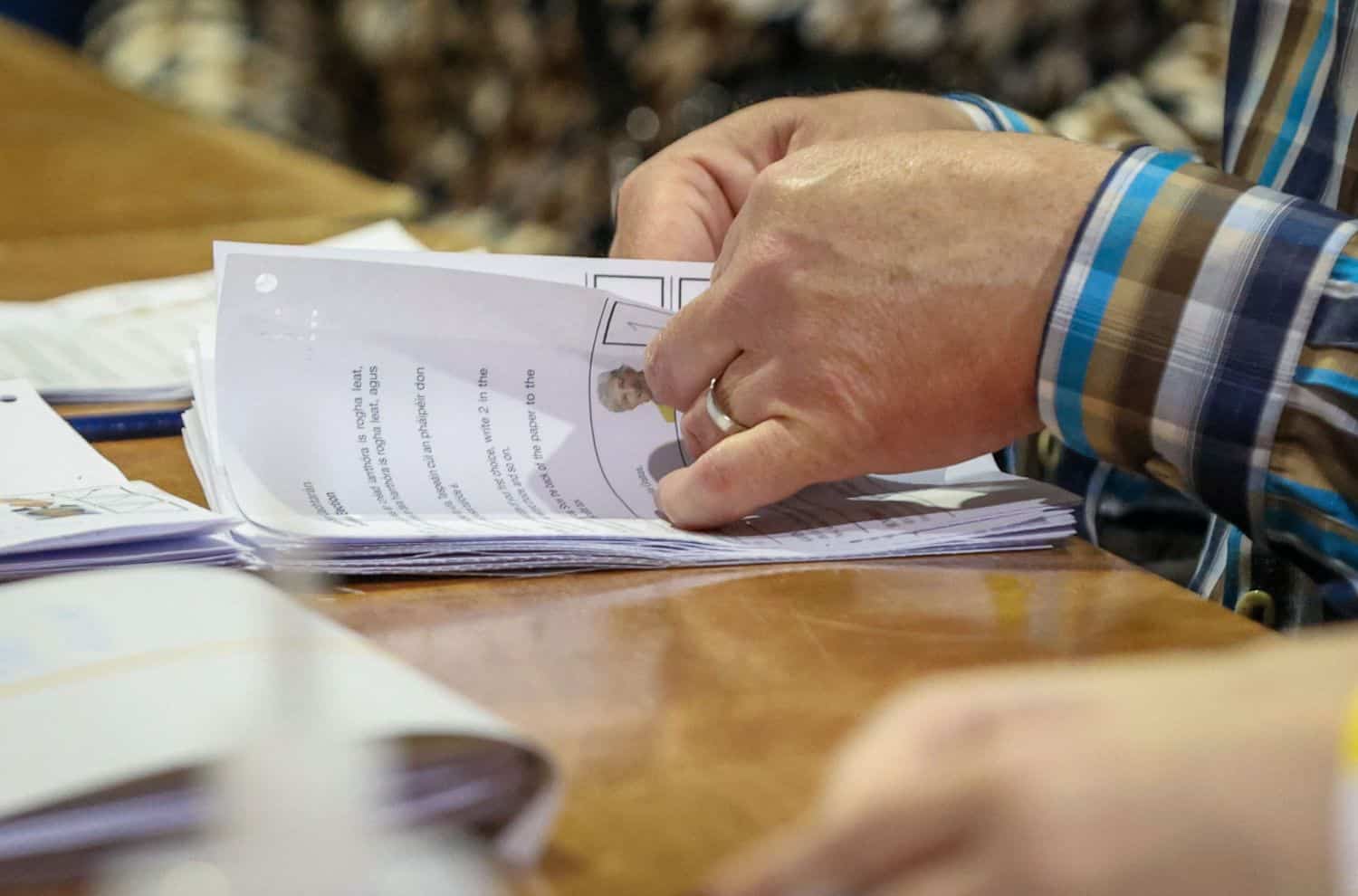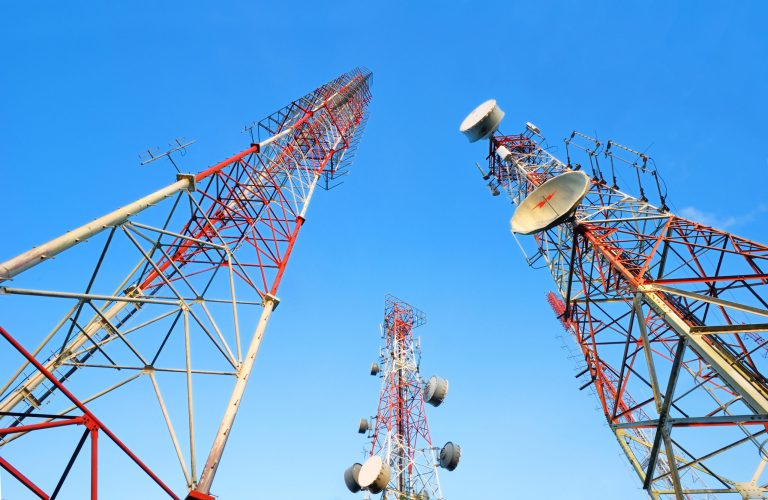
Counting of ballots takes place in the Irish Presidential election at the RDS count centre in Dublin City centre in Ireland on October 25, 2025. The Irish are expected to know their new president by the end of Saturday, who will succeed Michael Higgins, 84, for seven years, after two terms since 2011 in this essentially ceremonial position. (Photo by Paul Faith / AFP)
Perhaps you heard that Ireland has just elected a new president?
Every seven years, the people get to vote for a president, which is largely a ceremonial role like royalty, but chosen by humans and not “divine decree”.
More’s the fun, anyone Irish can run if they have the stomach for it and if they can get the backing of a minimum number of already elected officials or councils.
It started with a wide pool including professional thug Conor McGregor, the Lord of the Dance himself Michael Flatley, singer Frances Black, a pack of squabbling politicians and one of the weather women from the telly. So far, so Irish.
Finally there were three, then only two in the running.
At first, I thought I knew who I’d vote for – the one who aligned best with my views on climate change, Palestine, social issues and everything else, who had made it her business to learn the Irish language, who rode a bicycle everywhere, who walked her talk.
ALSO READ: The art of studying at my age
But there were historic concerns: she visited Syria during Assad’s reign of terror; she hired a gun-convicted criminal as an assistant; she supported a far-right candidate in the last presidential election; as a barrister, she represented banks repossessing homes after the 2008 financial crash; she made worrying comments about the EU and Germany; her stance on the Russian invasion of Ukraine came with caveats.
And all of this could be okay… except that she wouldn’t answer questions about it. Instead, she dodged accountability, suggesting valid concerns were a smear campaign and appearing increasingly disingenuous.
In short, she tore a leaf from the populist playbook. So I had a dilemma.
On election day, standing in my little voting booth, I made my decision: I wrote “is this the best we can do?” and then “BOB GELDOF” because why not? Yes, I spoiled my vote. I wasn’t the only one.
To the consternation of the government, an unprecedented 13% of voters – 213 738 people – did the same. Why didn’t I just stay home though, like 56% of the eligible electorate had?
Because that might be read as apathy. Because making the effort to spoil your vote says that you care enough to come out and make a mark of protest, even though it won’t be counted, that you’re watching and listening, and that this isn’t good enough. And when enough of you do it, that counts, too.
READ NEXT: My old history teacher did a certain amount of vote-spoiling

